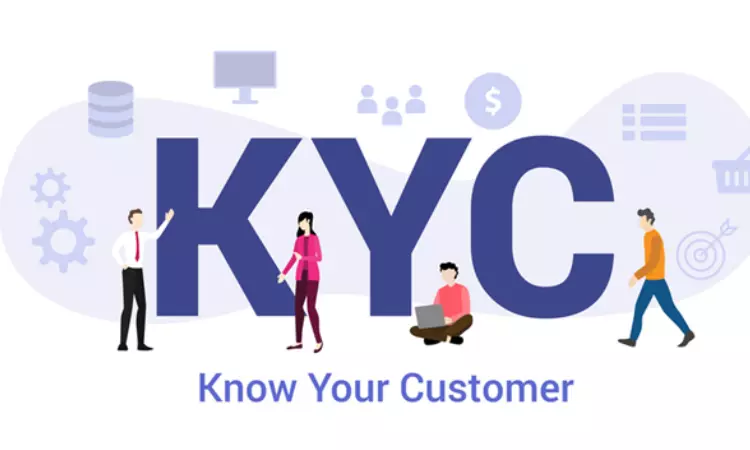Whether you realize it or not, almost all of your online transactions are affected by KYC protocols. These Know Your Customer rules are seemingly everywhere, though most people who are affected by them know very little about them. After all, nearly every single one of us is a customer at some point, or a vendor at others.
Let’s look into what exactly are these pervasive protocols, how they affect us, and how they work.
What is KYC? and Where Did It Come From?
KYC, or Know Your Customer, protocols are often imposed by governments on private corporations. They are a variety of rules regarding the obligation to collect certain data on customers, in order to be able to identify them and root our potential fraud. By verifying identities and double-checking financial activities, the hope is to keep illicit financial activities under control.
This is why many websites will ask for multiple ways to verify your identity. If they ask for a photograph of your identification card or proof of address, it is often due to their obligation to fulfill KYC protocols. This is information that is stored securely and passed onto governments upon their request.
So, you might be wondering what you can do. After all, no one really likes the idea of being stored away in database after database every time we make a transaction. Additionally, in this case, our data goes from private corporations to the public state. It is a true double whammy for those interested in internet privacy.
It is becoming harder and harder to protect your identity online. With the effectiveness of many VPN’s being dubious at best, we really should be employing every tool in our toolkit if we want to remain anonymous online. One way to handle this is to better understand the mechanisms of surveillance and just exactly how those rules are applied and enforced.
Are All Transactions Affected Equally?
One of the first things to know about Know Your Customer protocols is that the rules are applied very unevenly across the web. If the rules apply to the financial institution’s transactions, you can bet they will follow them. However, there are a number of different rules that end up forming something of a patchwork. And in every quilt, you can find a hole.
Variations by Country
These protocols are handed down directly by various governments. That means that they are geographically bound to a degree. The rules will change from country to country in terms of which information the vendor must collect. Some countries, it seems, have very few rules.
Even across the European Union, you will find many differences between countries. Some regulations are the same across Europe, but the EU also provides directives, or goals, and allows its different member states to arrive there as they wish.
For example, in Spain, there is a requirement for enhanced liveliness detection, in Germany there is often a video involved, and in France, they require a second identification document.
These rules apply to financial institutions in an obligatory way, but you will also find that other organizations use them as a way to bookend their legitimacy.
Variations By Payment Method
Because these regulations apply to financial institutions, such as banks, some have suggested that decentralized financial networks, such as the Bitcoin blockchain network, do not apply. This is why it can be very important to choose the right payment method while online.
You can check out guides like this one to online betting sites in India by payment method. They will organize the best sites by payment method. So, if you want to gamble with cryptocurrencies, you can find the best options in India there. They will walk you through how to deposit and withdrawal from these gambling sites, and suggest the best payment options for you.
Knowing and understanding these subtle differences while navigating the web can really pay off down the line. This should serve as a starting point, or an important step, in your efforts to stay safe and protect your identity online. Sometimes the latest tech is not quite enough.
